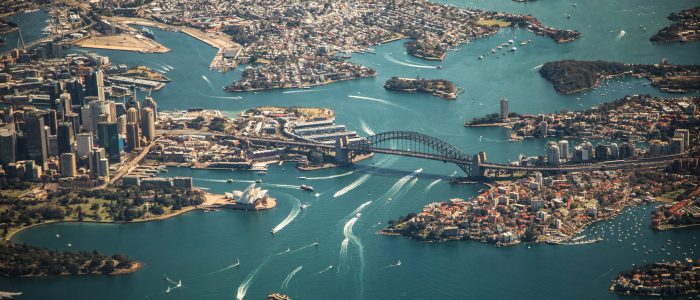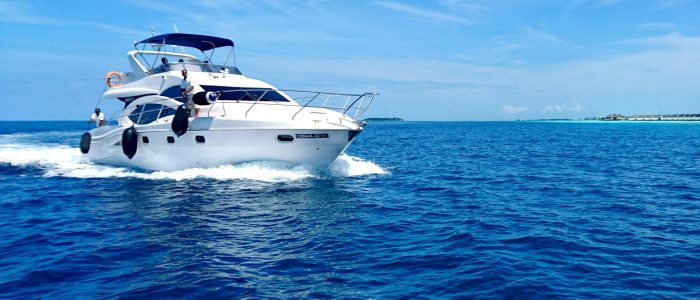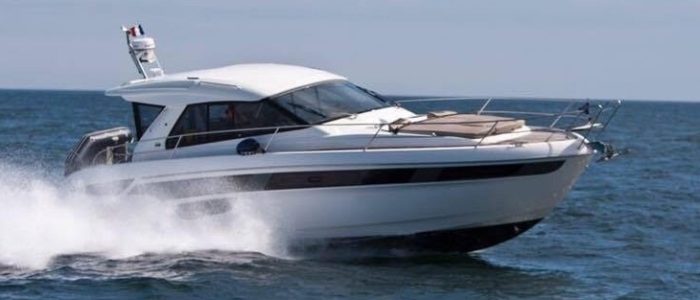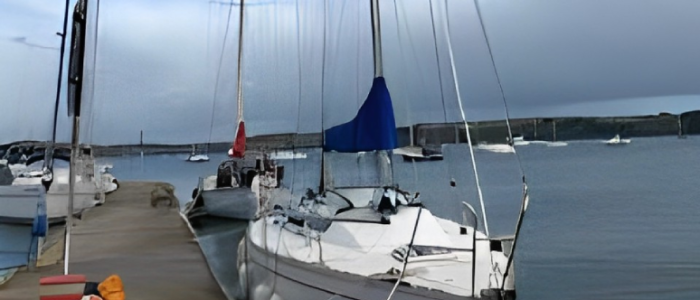For many people, buying a superyacht is the culmination of a dream. For others, it must remain just that – a dream. This article is intended to help you – either in reality or in your dreams!
Definition
It is difficult to define what is meant by ‘superyacht’. You can define it in many ways – by size, by the possible need for crew, by cost, by design. Although this article focusses on superyachts, many of the points are equally relevant to lower value transactions.
Why buying a superyacht is different
There are many more factors to consider when buying a superyacht compared to a smaller boat. These factors can be practical, logistical, financial, location, size, design (interior and technical), self-drive and/or crewed, foreign exchange, regulations in other countries.
None of these are problems in themselves – provided that you do it properly, with proper consideration and professional advice.
A project
The key thing is to realise that buying a superyacht must be treated as a project, not a simple transaction. The complexities of purchase exceed those of even a high-end car or property.
If it helps, think of your superyacht as a property combined with a high-powered car that floats and can move between multiple locations and jurisdictions; and then multiply those complexities together.
Put simply, do it right and you will end up with a superb, enjoyable, luxurious, asset. Alternatively, buy it on a whim, and spend time and money regretting it.
So – how do you manage the purchase process successfully to maximise the pleasure and minimise the cost and your time? At Go Earth, we break the process down into multiple stages, which at a very high level are:
• Initial requirements specification
• Boat search (refining the requirements if necessary)
• Boat negotiation
• Validation (survey, legalities, finance)
• Completion
Initial requirements specification
To state the obvious, think about what you want. Initially, perhaps you only have a general idea. This may be an iterative process, where you define and refine your exact requirements as you go along. Some things to think about include:
- What uses will you make of the boat?
- Will you want to stay on board? If so, just for weekends or for longer?
- How far will you want to travel?
- Will you want to work on board?
- How many friends and family will you want to accommodate?
- Do you want a luxury machine or a speed machine or perhaps both?
- What engines – or sails – do you need? How about the galley?
- What electronic systems are needed?
- Does the keel type matter?
- What about contractual matters when purchasing?
- What types of surveys do you need?
- What is viable within your budget?
- Are you going to charter it out?
- Will it need coding?
It’s your money, and you want to spend it on what suits you. A professional buyer’s agent (yes, such as Go Earth!) can assist in all this.
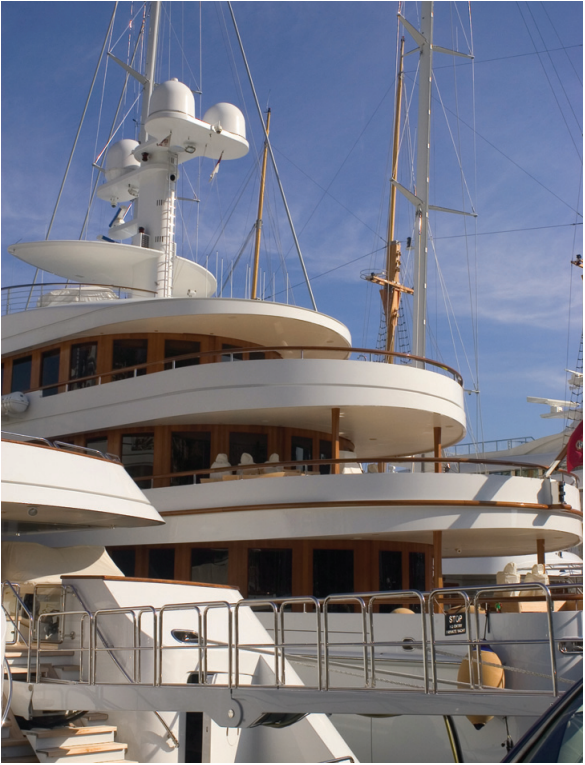
Boat search – refining the requirements if necessary
This can also be an iterative process. You search (possibly, we hope, with the help of Go Earth), find a number of superyachts that seem to fit the bill. The process may highlight features that you had not thought about. Adjust your requirements accordingly.
Hopefully you then end up with a ‘long list’ which can be whittled down to a ‘short list’ of serious contenders.
A key initial question is ‘new or used?’. Whilst a new yacht may seem attractive, you need to be aware of the pitfalls. Firstly, if it is a new build, (as opposed to a boat in stock), then you will be spending a lot of money for a significant period of time before you can even begin to enjoy your purchase. There is also the risk of the yard going into liquidation mid-build. It does happen – and, while rare, happens more frequently than is desirable. Of course, the contract might provide you with a degree of protection – but even if you get ownership of the half-built hull, that is of limited consolation.
The big advantage of a new build is of course that it is built to your taste and specification. The degree of customisation can vary. Most yards offer a certain degree of customisation, while others will take on a semi-custom or completely bespoke project.
Ironically, the advantage of a used boat is that you know exactly what you are getting – or at least you do after a comprehensive survey and sea trial. Also, just like cars, a used vessel can be significantly better value than a new one. Let someone else take the depreciation hit. Of course, if you then want to make changes to the décor, you can do so – just ensure that you have budgeted for this. Industry knowledge is essential when looking for your first, or next, superyacht.
Although many superyachts are advertised widely, some are not for personal or business reasons. In the superyacht world, confidentiality is essential. Certainly, Go Earth, through its bespoke boat search service, can assist you in this search process.
If you are ‘time-poor’, a good buyer’s agent can pre-visit a selection of boats for you, take numerous photographs, and even provide a virtual reality walk through of the superyacht for you. Whilst such activities are not cheap, you may be making better use of your time running your business; and only personally visiting a short list of those vessels that appear to suit you and that you like the look of.
Boat negotiation
Price negotiation is an essential part of the process. Brokers do prefer to be able to tie you down to a price as soon as they can. This is not surprising. It’s their job, after all.
Negotiation can become very emotional, especially considering the sums involved. Buyer’s agents such as Go Earth can provide a buffer and enable negotiations to be conducted so that that you end up with the best viable deal.
Brokers like to ‘qualify’ potential buyers. Is he/she a serious buyer? Inevitably, brokers are faced with many people who are not really in a financial position to buy the yacht they are talking about. One indication of serious intent is if the buyer has appointed a professional buyer’s agent, such as Go Earth.
Validation – surveys, legalities, finance
Superyachts have many systems, and you need to get each of them surveyed by an expert in that type of system.
Some obvious examples are a standard marine surveyor (for hull and main systems), a marine engineer (for the engines and associated gear), and a qualified ‘Gas Safe’ gas engineer.
However, consider some of the less obvious examples if you have special complex or expensive systems on board, such as a boat stabilisation system, or a helipad (or two!).
Money spent on good surveyors is rarely wasted. They provide a degree of assurance, help with price negotiations and provide you with a ready-made ‘to-do’ list to ensure that your new purchase is brought up to 100% perfection.
The standard brokerage contracts are not, in our view, optimised for the larger transactions. This is especially true if FX, new build or an otherwise complex transaction is involved. Often, therefore, it is prudent, if expensive to get the services of a specialist marine solicitor. Such solicitors are well-versed in high value transactions, and often deal with other purchases such as aeroplanes or high-end properties.
Completion
Only once you are happy that everything, including final purchase price, is correct and you have the finance (and FX if required) in place should you complete. Then enjoy!
More?
Is there more to it than this? There certainly is! A lot more. Our advice is simple. Treat this as a serious project, appoint a buyer’s agent to act for you and to do the tasks that you don’t want to do and those you shouldn’t do. This should enable you to enjoy the process at the lowest cost and best use of your time. Then you can
really enjoy the end result. You can also see our article on Boat Buying – Getting The Right Advice for further expert insight.

